We like to cling to our traditions. We tend to gripe over changes to things we are used to. “But this is the way we always have done it,” is a line that has come up in numerous event planning meetings I have been a part of. As a result, people try to keep their favorite parts of the old way of doing things and shove it into the new way. Usually, it doesn’t fit. You can sense that it is forced, this clinging to the past rather than embracing the new way forward. The new way can’t be as effective when people aren’t ready to let go of what was.
In today’s Gospel, the disciples of John question Jesus as to why He and His disciples aren’t fasting like they do. Jesus explains that they will fast in the future, but for right now, something is different and the old way doesn’t work. Jesus makes everything new. He changes the way we view the world. He changes the way we love others. He changes the way we respond to God’s will. He shows us how to be vulnerable, how to suffer, how to enter into new life and how to go out and serve others.
To know Jesus means you are changed, and once you are changed, you must choose. Do you choose to cling to the old or do you choose to step out into the new? Peter and Andrew chose to step out into the new. They left their nets and their boats–the old way of life–in order to make space for a new way of life, a life of preaching and healing and teaching and loving.
If you try to listen to the Gospel while also avoiding making any changes to align your life with the Gospel, you are going to be living in constant tension. This can cause shame or guilt which can lead to bitterness toward the Gospel, when it should be bearing fruit in your life. This is the bursting or the tearing Jesus refers to when what you know is right and how you are living are at odds with each other.
Jesus makes it clear in the Gospel that we need to make our hearts new in order to receive the message of the Gospel, in order to receive what He wants to pour into us. We also need to know what we are ready to apply to our lives. Sometimes we want to implement something as soon as we hear it, but it needs time to be “pre-shrunk” in order to fit where it needs to be applied to our life.
However, when we renew our hearts, when we seek healing for our wounds, when we follow God’s will for our life rather than our own, then we can receive Jesus’ healing love and mercy.
Let us constantly seek to be renewed in the life of Christ so that we can always be open and ready to receive Him.
Nos gusta aferrarnos a nuestras tradiciones. Tendemos a quejarnos de los cambios en las cosas a las que estamos acostumbrados. “Pero así es como siempre lo hemos hecho”, es una frase que ha surgido en numerosas reuniones de planificación de eventos de las que he formado parte. Como resultado, la gente trata de mantener sus partes favoritas de la antigua forma de hacer las cosas y las introduce en la nueva forma. Por lo general, no encaja. Se puede sentir que es forzado, este aferrarse al pasado en lugar de abrazar la nueva forma de avanzar. La nueva forma no puede ser tan efectiva cuando la gente no está lista para dejar ir como era antes.
En el Evangelio de hoy, los discípulos de Juan le preguntan a Jesús por qué él y sus discípulos no están ayunando como ellos. Jesús explica que ayunarán en el futuro, pero por ahora, algo es diferente y la antigua forma no funciona. Jesús hace que todo sea nuevo. Cambia la forma en que vemos el mundo. Cambia la forma en que amamos a los demás. Cambia la forma en que respondemos a la voluntad de Dios. Nos demuestra cómo ser vulnerables, cómo sufrir, cómo entrar en una nueva vida y cómo salir a servir a los demás.
Conocer a Jesús significa que has cambiado, y una vez que has cambiado, tienes que escoger. ¿Escoges aferrarte a lo viejo o a dar el paso hacia lo nuevo? Pedro y Andrés eligieron dar el paso hacia lo nuevo. Dejaron sus redes y sus barcas –la antigua forma de vida– para hacer espacio para una nueva forma de vida, una vida de predicación, sanación, enseñanza y amor.
Si intentas escuchar el Evangelio y al mismo tiempo evitas hacer cambios para alinear tu vida con el Evangelio, vivirás en constante tensión. Esto puede causar vergüenza o culpa, lo que puede llevarte a amargura hacia el Evangelio cuando debería estar dando fruto en tu vida. Este es el estallido o desgarro al que se refiere Jesús cuando lo que sabes que es correcto y cómo estás viviendo están en desacuerdo entre sí.
Jesús deja claro en el Evangelio que tenemos que renovar nuestro corazón para recibir el mensaje del Evangelio, para recibir lo que Él quiere derramar en nosotros. También tenemos que saber qué estamos dispuestos a aplicar a nuestras vidas. A veces queremos implementar algo tan pronto como lo escuchamos, pero necesita un tiempo para “pre-encogerse” para que encaje donde debe ser aplicado en nuestra vida.
Sin embargo, cuando renovamos nuestro corazón, cuando buscamos la sanación de nuestras heridas, cuando seguimos la voluntad de Dios para nuestra vida en lugar de la nuestra, entonces podemos recibir el amor sanador y la misericordia de Jesús. Busquemos constantemente ser renovados en la vida de Cristo para que siempre podamos estar abiertos y listos para recibirlo.
 Nicole Berlucchi is a faith and family blogger (www.nicoleberlucchi.com) and Catholic blog contributor. She has worked in a number of roles in the nonprofit world, but helping people realize their vision and make an impact, seems to be her sweet spot. Nicole owns Coley B. Creative, LLC, a marketing company providing support to small businesses. She is also the author Magnify Love: Unlocking the Heart of Jesus in Your Marriage and Your Life. A native of Philadelphia, she now resides in the Nashville area with her husband, Joe, and their four children. She’s a big fan of brilliant skies, salted caramel with chocolate, books and more books. She loves sharing her journey with Jesus so that others might: Come and see.
Nicole Berlucchi is a faith and family blogger (www.nicoleberlucchi.com) and Catholic blog contributor. She has worked in a number of roles in the nonprofit world, but helping people realize their vision and make an impact, seems to be her sweet spot. Nicole owns Coley B. Creative, LLC, a marketing company providing support to small businesses. She is also the author Magnify Love: Unlocking the Heart of Jesus in Your Marriage and Your Life. A native of Philadelphia, she now resides in the Nashville area with her husband, Joe, and their four children. She’s a big fan of brilliant skies, salted caramel with chocolate, books and more books. She loves sharing her journey with Jesus so that others might: Come and see.
Feature Image Credit: Designed by author on Canva
The views and opinions expressed in the Inspiration Daily blog are solely those of the original authors and contributors. These views and opinions do not necessarily represent those of Diocesan, the Diocesan staff, or other contributors to this blog.
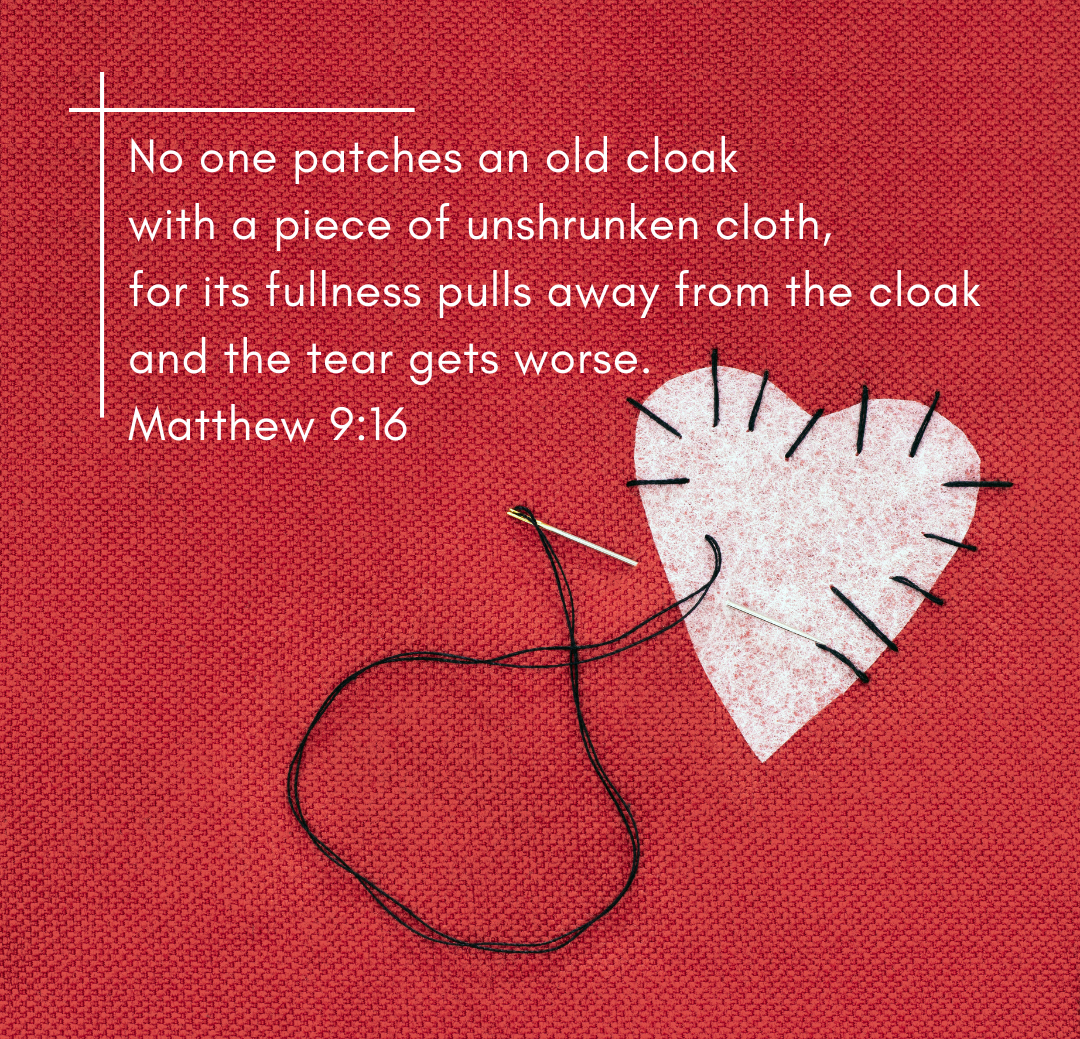


 Dr. Alexis Dallara-Marsh is a board-certified neurologist who practices in Bergen County, NJ. She is a wife to her best friend, Akeem, and a mother of four little ones on Earth and two others in heaven above.
Dr. Alexis Dallara-Marsh is a board-certified neurologist who practices in Bergen County, NJ. She is a wife to her best friend, Akeem, and a mother of four little ones on Earth and two others in heaven above.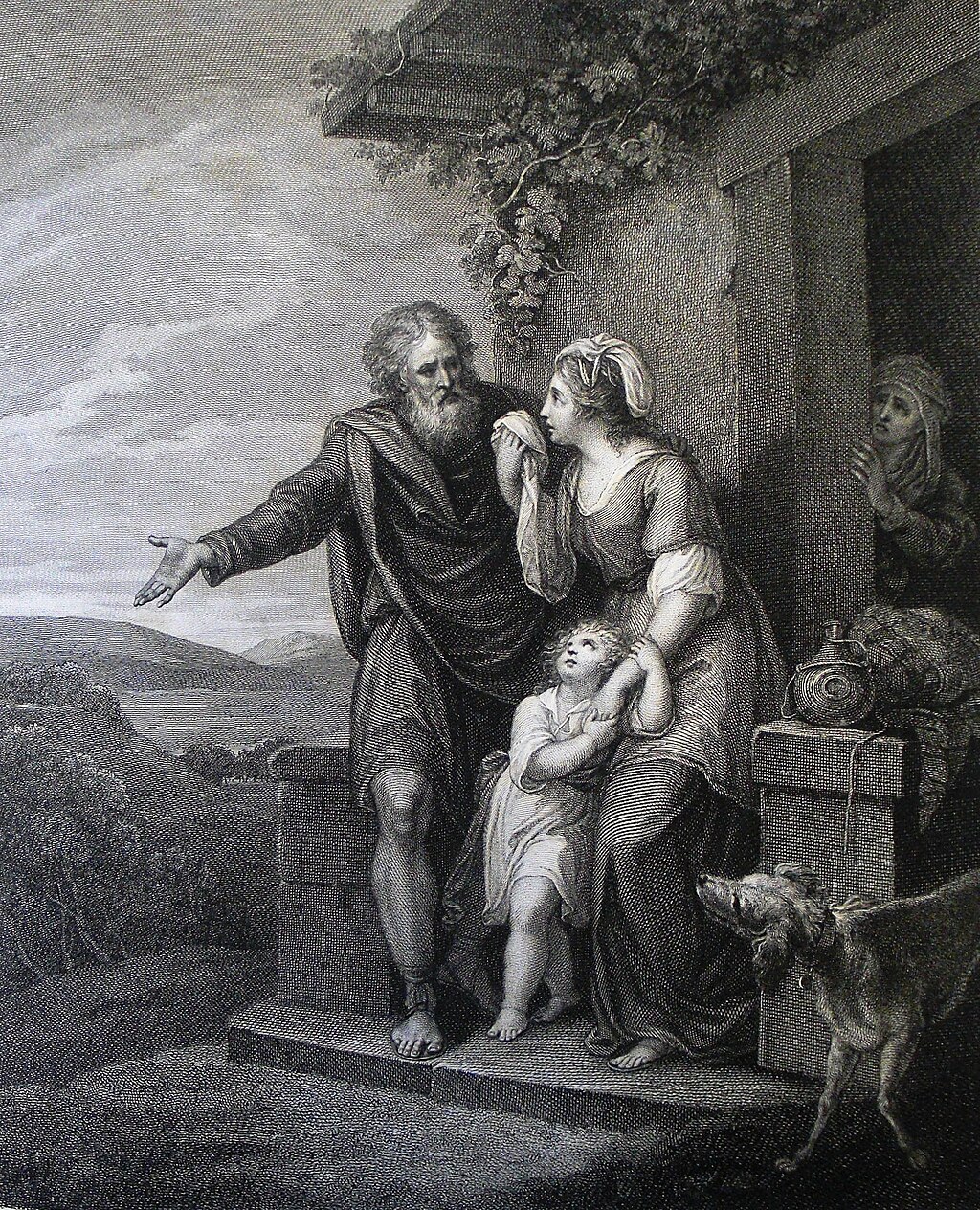
 David Dashiell is a freelance author and editor in the Nashville, Tennessee area. He has three children, a degree in theology, and enjoys writing about philosophy, theology, culture, music, and comedy. You can find his personal blog, Serious Daydreams, on
David Dashiell is a freelance author and editor in the Nashville, Tennessee area. He has three children, a degree in theology, and enjoys writing about philosophy, theology, culture, music, and comedy. You can find his personal blog, Serious Daydreams, on 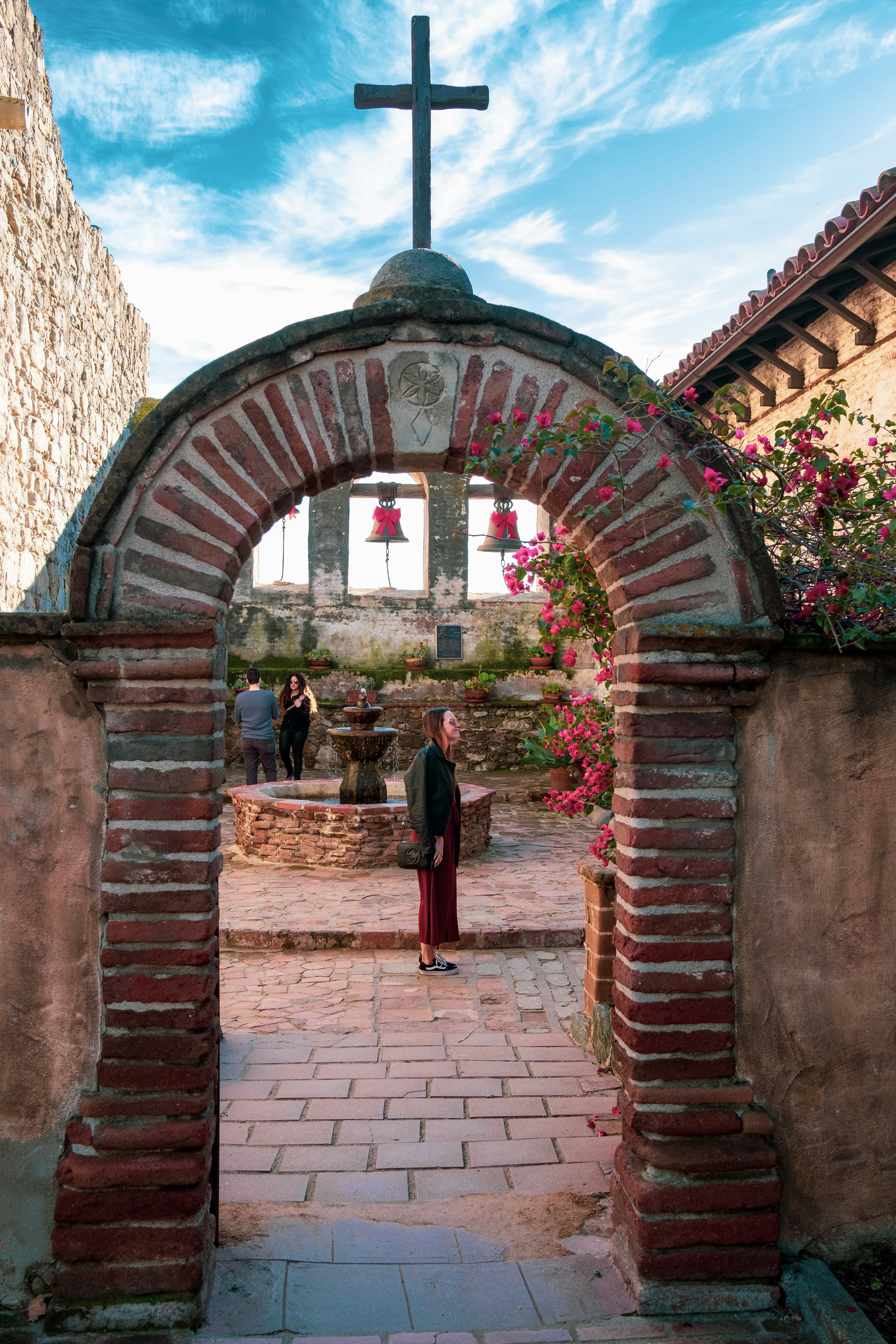
 Christine Arata is a San Francisco, California native. She lives a few blocks away from the ocean and a park. She finds nature inspiring. Her cat brings her comfort. She loves being creative not only with her writing but with almost everything, including her home cooking. Her studies in the Catholic faith are ongoing. In 2019, when she discovered St. Hildegard of Bingen was underrepresented by Catholics, she found a purpose. Her latest website, St. Hildegard’s Wisdom features blog posts about all of that:
Christine Arata is a San Francisco, California native. She lives a few blocks away from the ocean and a park. She finds nature inspiring. Her cat brings her comfort. She loves being creative not only with her writing but with almost everything, including her home cooking. Her studies in the Catholic faith are ongoing. In 2019, when she discovered St. Hildegard of Bingen was underrepresented by Catholics, she found a purpose. Her latest website, St. Hildegard’s Wisdom features blog posts about all of that: 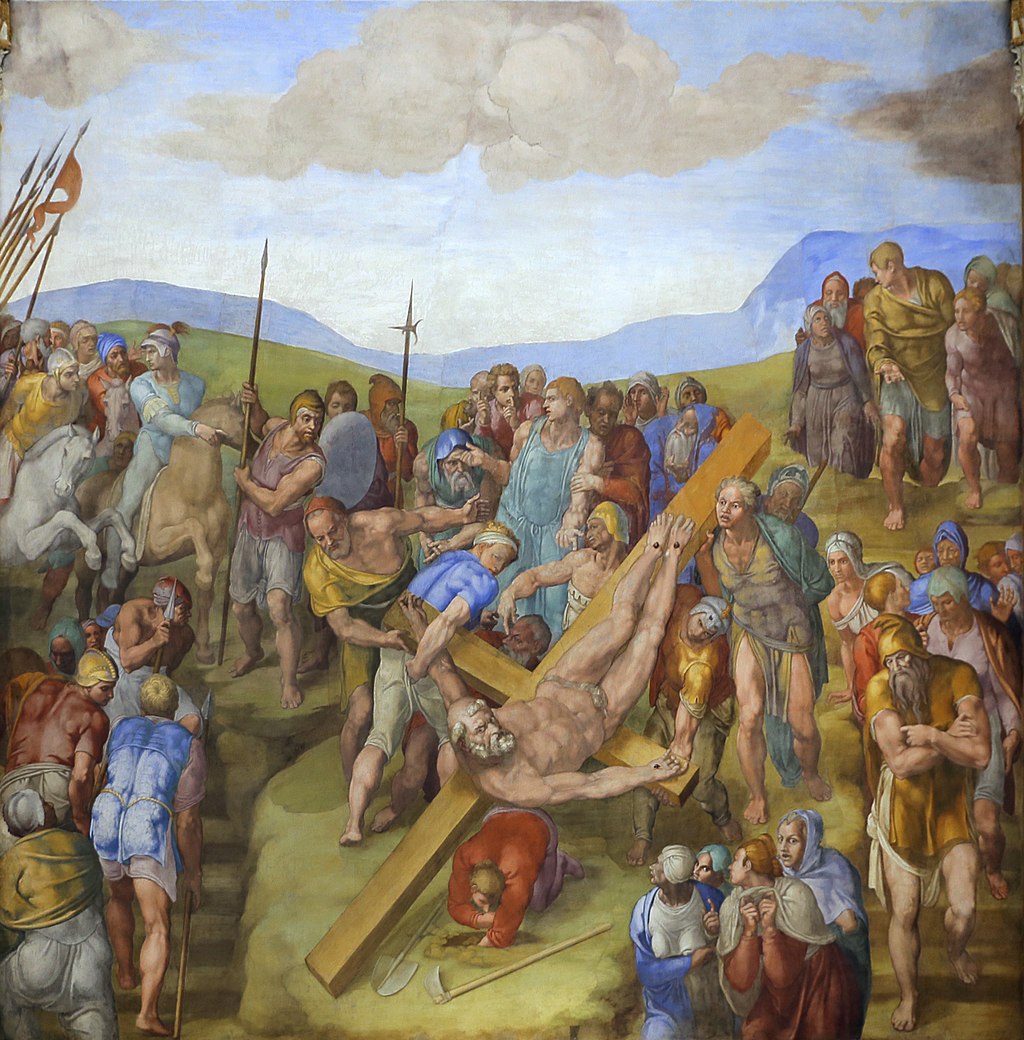
 Former NPS Park Ranger, Catholic educator, and Youth Minister, Melissa Lucca now spends her days evangelizing family and neighbors as a stay-at-home mom. She holds an MA in Theology from the Augustine Institute and pursues personal study in her spare time. Melissa loves Ignatian Spirituality, Mother Mary, and rock climbing. If you don’t hear her and her kiddo laughing at home, then they are probably out on an adventure!
Former NPS Park Ranger, Catholic educator, and Youth Minister, Melissa Lucca now spends her days evangelizing family and neighbors as a stay-at-home mom. She holds an MA in Theology from the Augustine Institute and pursues personal study in her spare time. Melissa loves Ignatian Spirituality, Mother Mary, and rock climbing. If you don’t hear her and her kiddo laughing at home, then they are probably out on an adventure!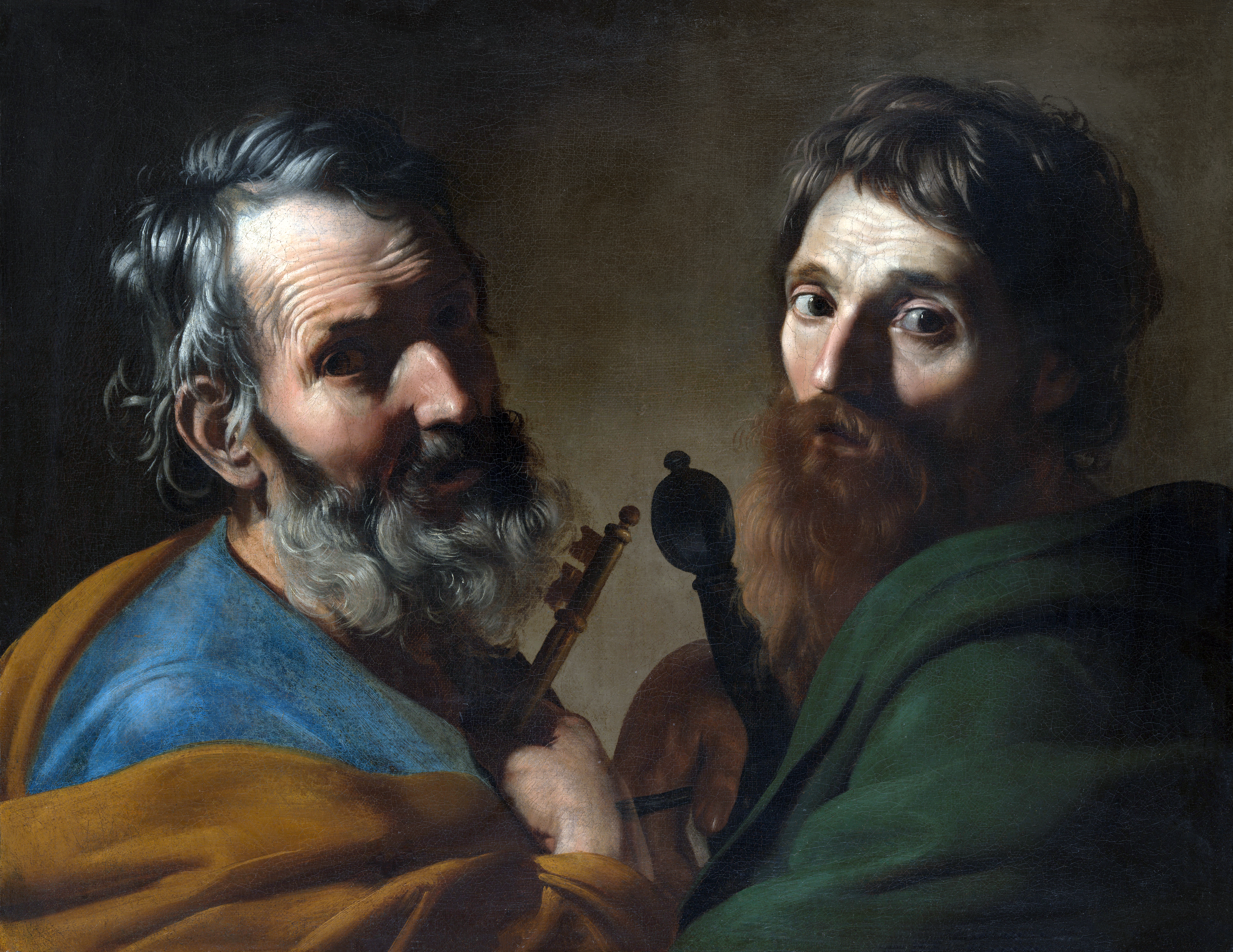
 Tami Urcia is a midwestern gal from a large Catholic family. As a young adulthood she was a missionary in Mexico, where she studied theology and philosophy. After returning stateside bilingual, she gained a variety of work experience, traveled extensively and finished her Bachelor’s Degree at Brescia University. She loves organizing and simplifying things, watching her children play sports, deep conversations with close family and friends and finding unique ways to brighten others’ day with Christ’s love. She works full time at Diocesan in the Software Department and manages the Inspiration Daily reflections. She is also a contributing writer on
Tami Urcia is a midwestern gal from a large Catholic family. As a young adulthood she was a missionary in Mexico, where she studied theology and philosophy. After returning stateside bilingual, she gained a variety of work experience, traveled extensively and finished her Bachelor’s Degree at Brescia University. She loves organizing and simplifying things, watching her children play sports, deep conversations with close family and friends and finding unique ways to brighten others’ day with Christ’s love. She works full time at Diocesan in the Software Department and manages the Inspiration Daily reflections. She is also a contributing writer on 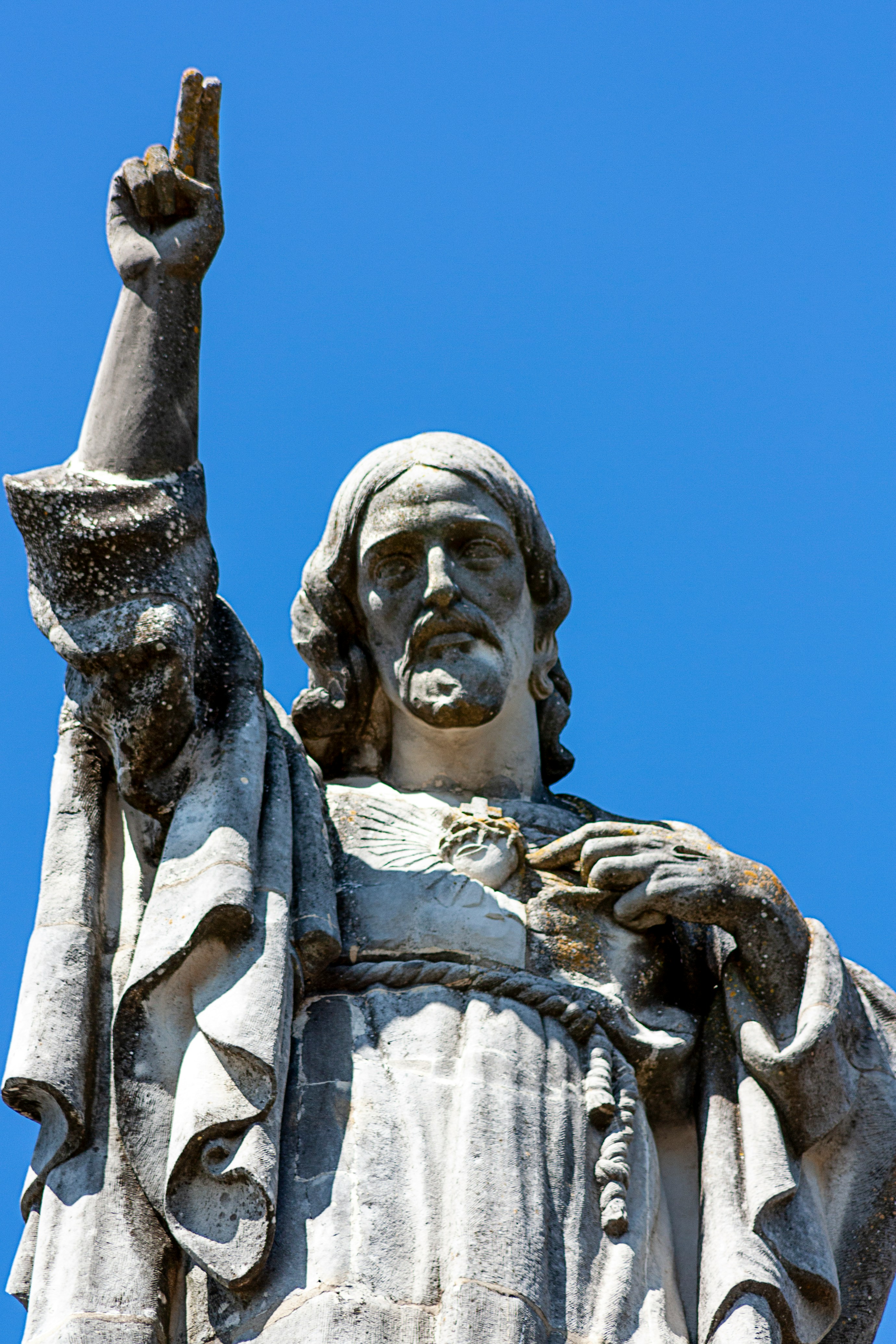
 Kathryn Mulderink, MA, is married to Robert, Station Manager for Holy Family Radio. Together they have seven children (including Father Rob), and eleven grandchildren. She is President of the local community of Secular Discalced Carmelites and has published five books and many articles. Over the last 30 years, she has worked as a teacher, headmistress, catechist, Pastoral Associate, and DRE, and as a writer and voice talent for Catholic Radio. Currently, she serves the Church by writing and speaking, and by collaborating with various parishes and to lead others to encounter Christ and engage their faith. Her website is
Kathryn Mulderink, MA, is married to Robert, Station Manager for Holy Family Radio. Together they have seven children (including Father Rob), and eleven grandchildren. She is President of the local community of Secular Discalced Carmelites and has published five books and many articles. Over the last 30 years, she has worked as a teacher, headmistress, catechist, Pastoral Associate, and DRE, and as a writer and voice talent for Catholic Radio. Currently, she serves the Church by writing and speaking, and by collaborating with various parishes and to lead others to encounter Christ and engage their faith. Her website is 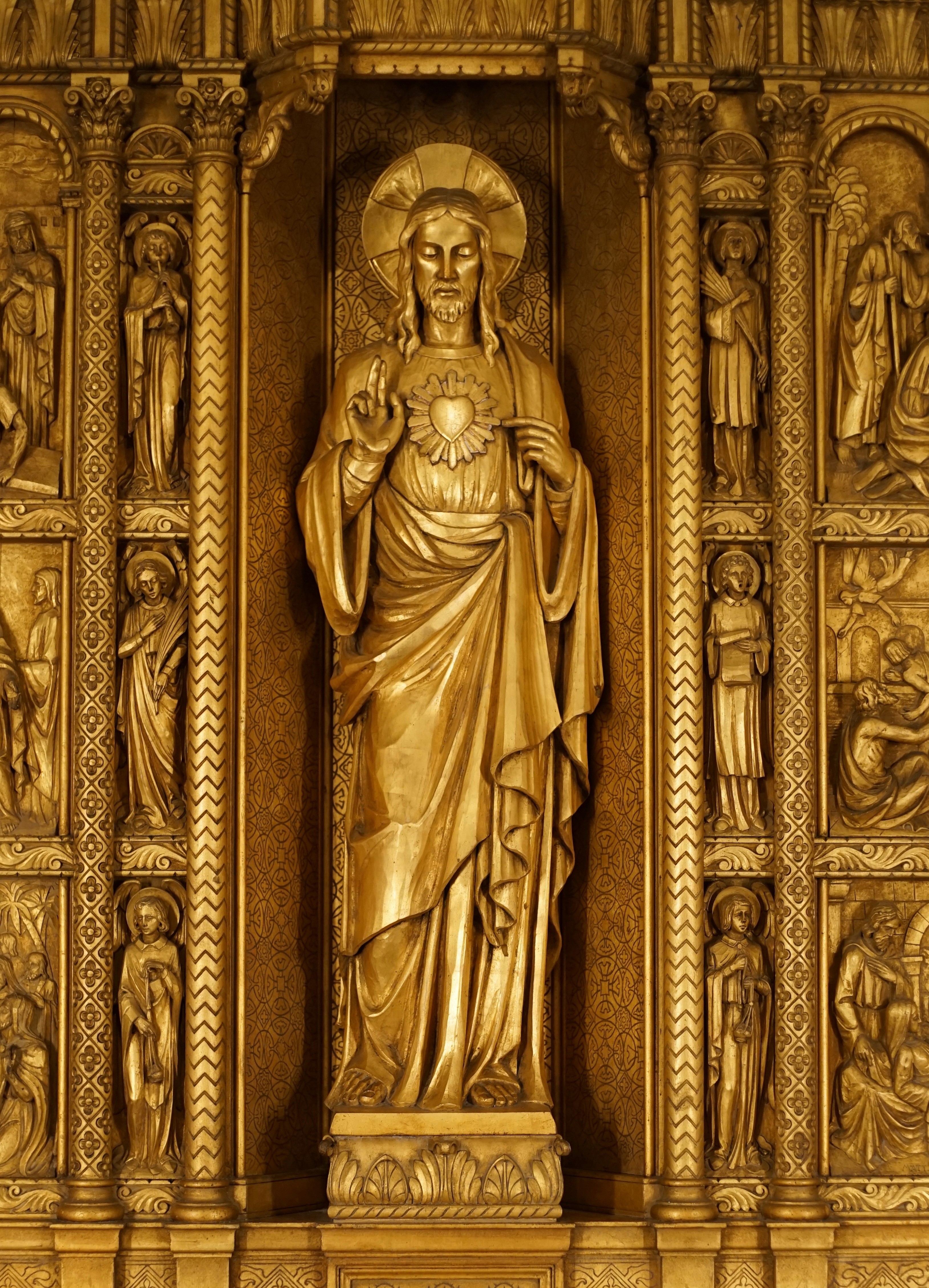
 Deacon Dan Schneider is a retired general manager of industrial distributors. He and his wife Vicki have been married for over 55 years. They are the parents of eight children and thirty-one grandchildren. He has a degree in Family Life Education from Spring Arbor University. He was ordained a Permanent Deacon in 2002. He has a passion for working with engaged and married couples and his main ministry has been preparing couples for marriage.
Deacon Dan Schneider is a retired general manager of industrial distributors. He and his wife Vicki have been married for over 55 years. They are the parents of eight children and thirty-one grandchildren. He has a degree in Family Life Education from Spring Arbor University. He was ordained a Permanent Deacon in 2002. He has a passion for working with engaged and married couples and his main ministry has been preparing couples for marriage.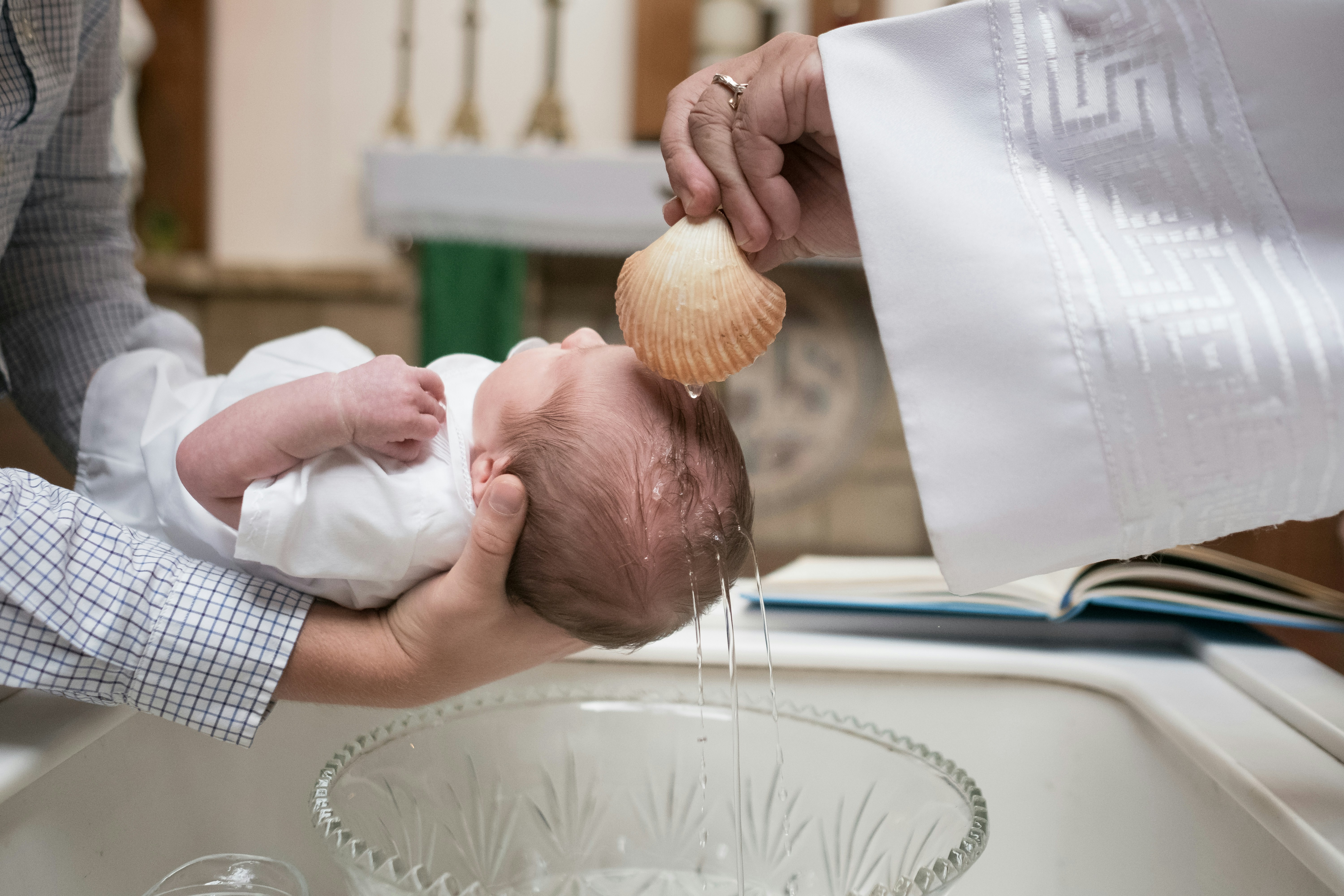



 Lily is a Michigan native and cradle Catholic who has spent most of her life exploring her own reasons to embrace her faith fully. She attended Franciscan University of Steubenville, where she discovered the beauty of her personal relationship with Christ and the Church. After college, she worked in Montessori Education for three years and recently transitioned to nannying. She was recently married and spends most of her time reading, and enjoying her dog and family!
Lily is a Michigan native and cradle Catholic who has spent most of her life exploring her own reasons to embrace her faith fully. She attended Franciscan University of Steubenville, where she discovered the beauty of her personal relationship with Christ and the Church. After college, she worked in Montessori Education for three years and recently transitioned to nannying. She was recently married and spends most of her time reading, and enjoying her dog and family!